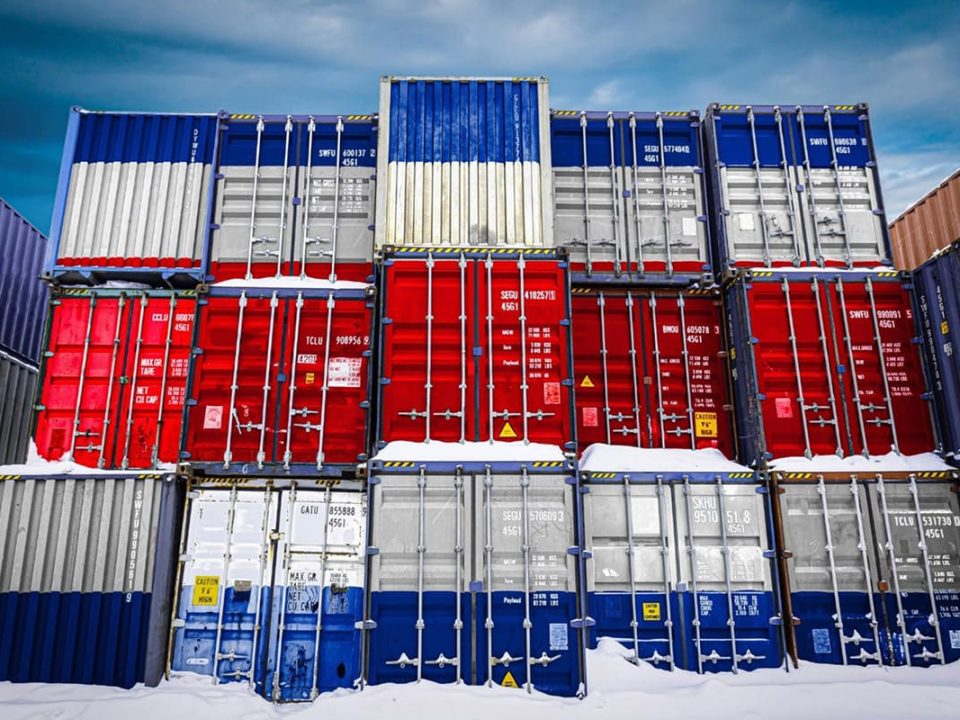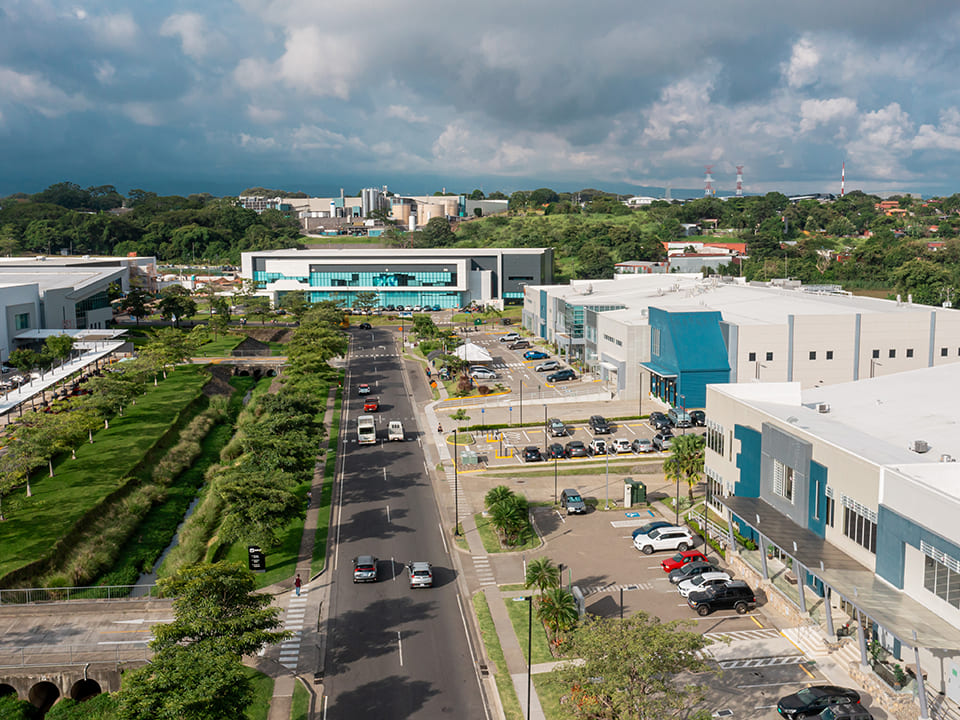

News

Evolution Free Zone contributes to local sports in Grecia
27 de July de 2023
The landscape of Foreign Direct Investment in the world and its impact on Costa Rica
3 de August de 2023Costa Rica and the United States partner to explore semiconductor supply chain opportunities
July, 2023. The U.S State of Department announced a partnership with the Costa Rican government to “explore opportunities to diversify and grow the global semiconductor ecosystem and create a more transparent, secure, and sustainable global semiconductor value chain”, as stated by the US Embassy in Costa Rica on July 14th.
This is come as a great opportunity for technology parks in Costa Rica since, according to the World Investment Report made by UNCTAD , three out of the five largest investment projects announced in 2022 were in semiconductors, in response to the global shortage of microprocessors.
This shortage affects up to 169 industries of sectors such as electronics, automotive, and machinery, which are facing the pressures for supply chain restructuring.
The United States views Costa Rica as a partner in ensuring the semiconductor supply chain can keep pace with the digital transformation underway,” commented Cynthia Telles, U.S. Ambassador to Costa Rica. “Products ranging from vehicles to medical devices increasingly rely on semiconductors as the building blocks of today’s economy. Our announcement of this collaboration underscores the significant potential to expand this industry in Costa Rica to the benefit of both our countries.”
Although shortages are not uncommon, the semiconductor industry faced the pandemic, and according to supplychaindigital.com , the global demand for PCs increased 13% as people worked from home. Additionally, cryptocurrency, armed conflicts, and climate emergencies have taken a toll on the business.
However, geopolitical tensions between China and the United States also played a significant role in altering the market.
Costa Rica can benefit from these conditions and establish itself as a hub for different industries such as tech components and microprocessors, with the ability to adapt to the world’s needs, being an excellent ally through nearshoring industrial park, and having the capacity for operational growth in business parks such as Evolution Free Zone .
National Foreign Investment Attraction Strategy
Costa Rican Ministry of Foreign Trade , Manuel Tovar, exposed in the Embassy’s statement that they “welcome the support announced by the United States that strengthens Costa Rica’s position as a reliable investment destination for the advancement of the regional chips agenda”.
Over the years, Costa Rica has created a vibrant ecosystem for the chips sector. The launch of our National Foreign Investment Attraction Strategy led by foreign trade sector is an excellent platform to continue building our capabilities for more investment and supporting, as a trusted and resilient partner, the rebalancing of the semiconductor global industry.”
This alliance between the United States and Costa Rica will begin with an examination of the country’s existing semiconductor industry progress, regulatory structure, as well as its workforce and infrastructure requirements. The results of this assessment will be the basis of the cooperation agreement.
In August 2022, U.S President Joe Biden signed the CHIPS and Science Act of 2022, a new U.S. law that appropriated with $500 million ($100 million per year over five years, starting in Fiscal Year 2023) to expand global semiconductor manufacturing; secure semiconductor supply chains; and develop and deploy secure and trustworthy Information and Communications Technology (ICT) networks and services through new programs and initiatives with our allies and partners, including among those Costa Rica.


